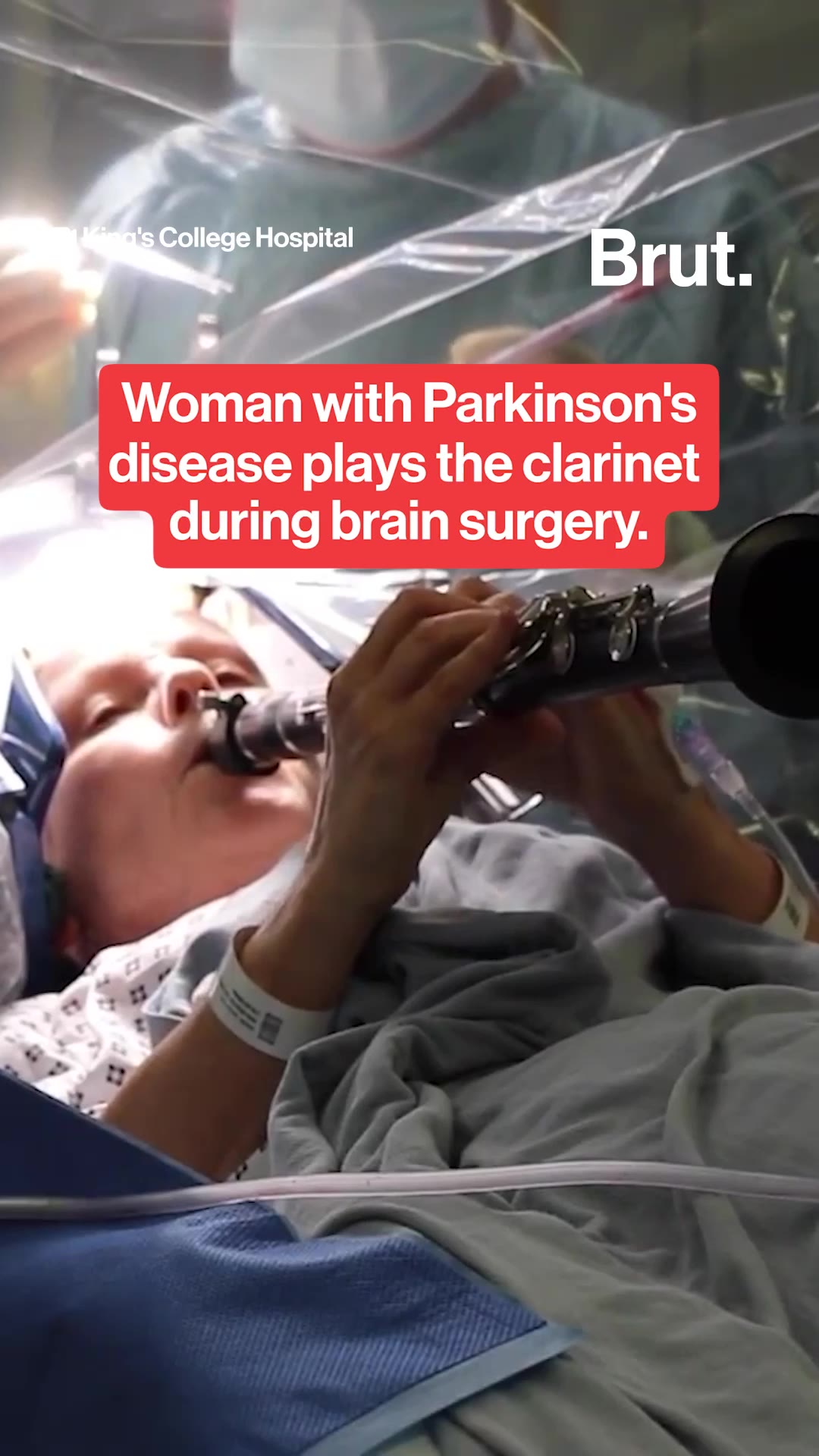Coronavirus: 5 things to know
What is the origin of the virus?
"We don't know the origin of this novel coronavirus. We know it appeared. It was first discovered actually in Wuhan around the end of December. However, it likely was spreading before that for some period of time, maybe weeks or or a month, because the first case that was reported did not have any contact with this animal market. We know that corona viruses are adept at jumping from other animal species into humans and that there's a large selection of corona viruses that naturally circulate in bats. So, we'll probably find that the ultimate origin of this virus is from bats. But it may have used an intermediate animal that could be present in some of the wet markets in China that allowed it to get into that facilitated its jump into humans. But we don't quite know the origin of this virus yet."
"It is spreading between human to human through what's called the respiratory droplet route, which means the droplets of mucus that emanate from your body after you cough, or you sneeze. Those are big droplets that usually don't travel more than six feet before being pulled to the ground by gravity."
"It looks like the incubation period is probably around six days, although it can extend maybe up to two weeks and there's a little bit of debate about that. And that's also another open question that we're trying to find an answer to, to understand what the incubation period is."
"That's another open question, we really don't have a good idea on severity, we're starting to get some indications of severity, but it's really important to understand that there's going to be a lot more mild cases and severe cases because corona viruses cause a spectrum of illness and some people may have a very mild cold, common cold like illness and some people may be deathly ill with pneumonia. We really need to understand where this corona virus fits on that spectrum. Is it more likely to cause mild illness or like some of the community circulating corona viruses that causes about a quarter of the common cold every year? Or is it more like SARS which have a really greater capacity to cause deadly disease? And that's something that we're starting to find out. And I think as we as more data comes out, it's looking more like this is an intermediate virus that's not quite as deadly as SARS or XXX, but it is more deadly than our community acquired corona viruses."
“There's no specific treatment for a corona virus. So those that require hospitalization may need supplemental oxygen. They may need intravenous fluids. They may need breathing support through mechanical ventilator. But there is no antiviral medication that you can give a person with a corona virus yet, although there are some that are being tried in clinical trials right now”, Dr. Amesh Adalja - Infectious disease physician concludes.
Brut.
Coronavirus: 5 things to know
What is the origin of the virus?
"We don't know the origin of this novel coronavirus. We know it appeared. It was first discovered actually in Wuhan around the end of December. However, it likely was spreading before that for some period of time, maybe weeks or or a month, because the first case that was reported did not have any contact with this animal market. We know that corona viruses are adept at jumping from other animal species into humans and that there's a large selection of corona viruses that naturally circulate in bats. So, we'll probably find that the ultimate origin of this virus is from bats. But it may have used an intermediate animal that could be present in some of the wet markets in China that allowed it to get into that facilitated its jump into humans. But we don't quite know the origin of this virus yet."
"It is spreading between human to human through what's called the respiratory droplet route, which means the droplets of mucus that emanate from your body after you cough, or you sneeze. Those are big droplets that usually don't travel more than six feet before being pulled to the ground by gravity."
"It looks like the incubation period is probably around six days, although it can extend maybe up to two weeks and there's a little bit of debate about that. And that's also another open question that we're trying to find an answer to, to understand what the incubation period is."
"That's another open question, we really don't have a good idea on severity, we're starting to get some indications of severity, but it's really important to understand that there's going to be a lot more mild cases and severe cases because corona viruses cause a spectrum of illness and some people may have a very mild cold, common cold like illness and some people may be deathly ill with pneumonia. We really need to understand where this corona virus fits on that spectrum. Is it more likely to cause mild illness or like some of the community circulating corona viruses that causes about a quarter of the common cold every year? Or is it more like SARS which have a really greater capacity to cause deadly disease? And that's something that we're starting to find out. And I think as we as more data comes out, it's looking more like this is an intermediate virus that's not quite as deadly as SARS or XXX, but it is more deadly than our community acquired corona viruses."
“There's no specific treatment for a corona virus. So those that require hospitalization may need supplemental oxygen. They may need intravenous fluids. They may need breathing support through mechanical ventilator. But there is no antiviral medication that you can give a person with a corona virus yet, although there are some that are being tried in clinical trials right now”, Dr. Amesh Adalja - Infectious disease physician concludes.
Brut.













